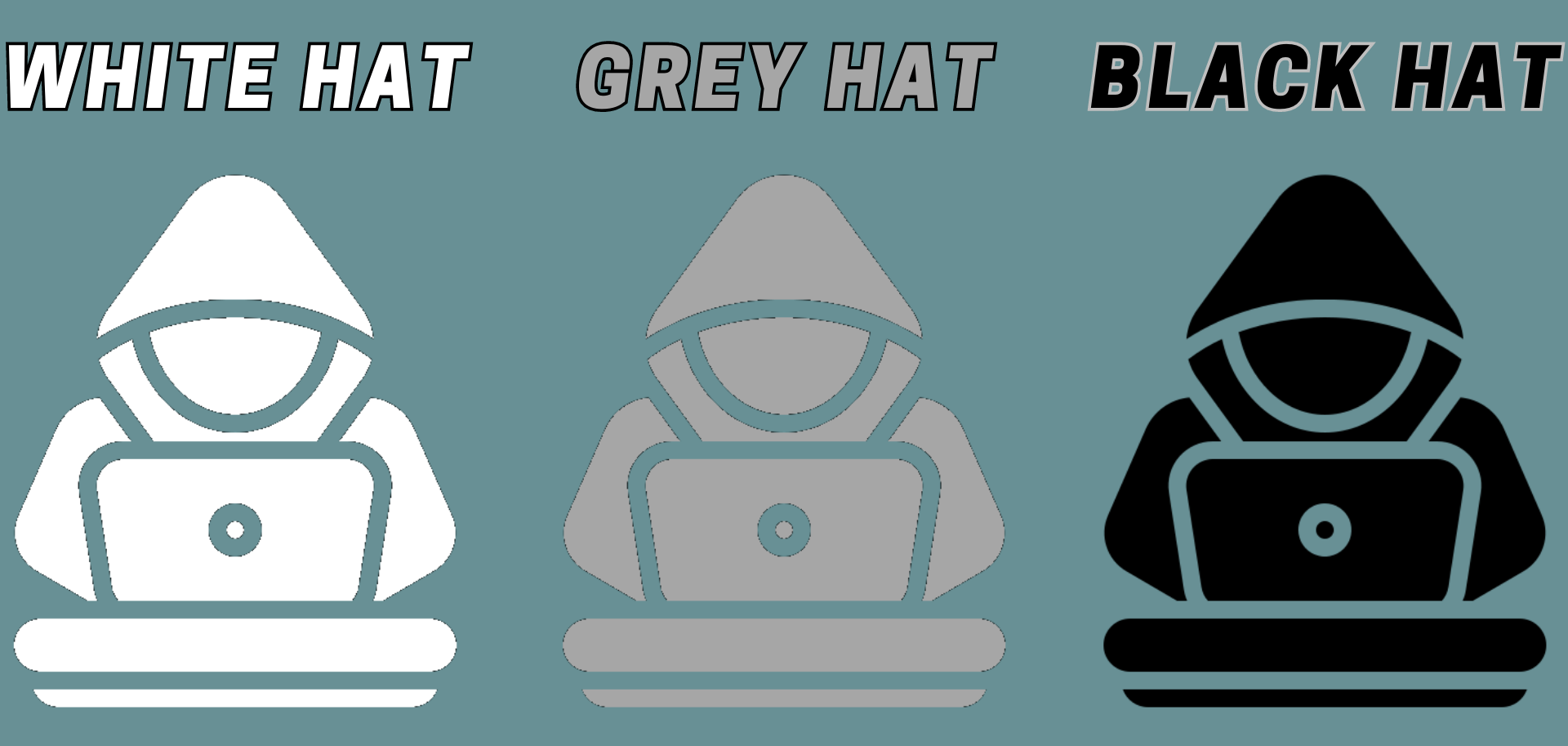
In the digital age, where data is the new gold, protecting it from malicious threats has become paramount. This is where ethical hacking comes into play. Ethical hacking, also known as penetration testing or white-hat hacking, is the practice of legally breaking into computers and devices to test an organization's defenses. It's about improving system security by identifying and fixing vulnerabilities before malicious hackers (known as black-hat hackers) can exploit them.
What is Ethical Hacking?
Ethical hacking is a discipline within cybersecurity where professionals use the same techniques and tools as malicious hackers, but in a lawful and legitimate manner, to find and fix security vulnerabilities. Ethical hackers are the "good guys" of the hacking world. They work on behalf of the system owners, with their permission, to secure their systems and data from potential threats.
Different Types of Hackers
Hackers are often categorized by the type of metaphorical "hat": "white hat", "grey hat", and "black hat".

- White Hat Hackers: These are ethical hackers, the protectors of cyberspace. They use their skills to improve security, working with organizations to strengthen their defenses.
- Grey Hat Hackers: These individuals fall somewhere in between, often acting without explicit permission but without malicious intent. They might break into systems to notify the owner of vulnerabilities.
- Black Hat Hackers: These are the cybercriminals, using their skills for personal gain or malicious intent, often involving theft, damage, or disruption.
Ethical vs Unethical Hackers
The primary difference between ethical and unethical hackers lies in their motivations and permissions. Ethical hackers have explicit permission to probe the system and are doing so to improve security, not to exploit vulnerabilities for personal gain. Unethical hackers, on the other hand, are typically motivated by personal or financial gain, revenge, or even the thrill of the challenge.
Careers in Ethical Hacking
The demand for ethical hackers has never been higher. As organizations increasingly recognize the importance of proactive cybersecurity measures, opportunities in the field have expanded. Ethical hackers can find employment in a variety of sectors, including IT companies, financial services, healthcare institutions, and government agencies.

Learning Ethical Hacking
Becoming an ethical hacker requires a mix of technical skills, curiosity, and ethical judgment. Knowledge in networking, programming, and operating systems is essential, along with an understanding of hacking techniques and the ability to think like a black hat hacker.
- Understand the Basics of Networking - Before you start, it's essential to have a solid understanding of basic networking concepts such as IP addresses, TCP/IP protocols, DNS, HTTP/HTTPS, FTP, etc.
- Learn Programming - While it's not necessary to be an expert programmer to become an ethical hacker, having a basic understanding of programming languages like Python, JavaScript, C++, or PHP can be beneficial. These languages can help you understand how software vulnerabilities are created and exploited.
- Get Familiar with Linux - Linux is the preferred operating system for many ethical hackers. Kali Linux, in particular, is a Linux distribution designed for digital forensics and penetration testing. It comes preloaded with a lot of hacking tools. Spend some time getting comfortable with the Linux command line.
- Learn about Systems and Their Vulnerabilities - Understand different operating systems and their vulnerabilities. This includes Windows, Linux, and MacOS. Learn about common vulnerabilities and how they can be exploited.
- Study Networking and Security - Learn about network security, firewalls, VPNs, IDS/IPS (Intrusion Detection/Prevention Systems), etc. Understand how these systems can be bypassed.
- Learn to Use Hacking Tools - Familiarize yourself with tools used in ethical hacking. This includes tools for reconnaissance (like Nmap), penetration testing (like Metasploit), and vulnerability scanning (like Nessus).
- Practice Ethical Hacking - Use platforms like Hack The Box, TryHackMe, or CTF (Capture The Flag) challenges to practice your skills. Always remember to only practice ethical hacking on systems you have permission to test.
- Learn Web Application Security - Understand how web applications work and how to test their security. Learn about OWASP Top 10 vulnerabilities and how to exploit and mitigate them.
- Stay Updated - The field of cybersecurity is always evolving. New vulnerabilities are discovered every day, and new tools are developed to exploit them. Follow cybersecurity news and blogs, join forums and communities.
- Get Certified - Consider getting a certification like the Certified Ethical Hacker (CEH) from EC-Council. It's a well-recognized certification in the industry and can help demonstrate your knowledge and skills.
Understanding the Ethics of Hacking
Ethical hacking is guided by a set of principles that ensure the activities are carried out within legal and moral boundaries. These principles include obtaining proper authorization, respecting privacy, and reporting all findings. Ethical hackers are expected to act in the best interest of the system owner, maintain confidentiality, and avoid causing damage.